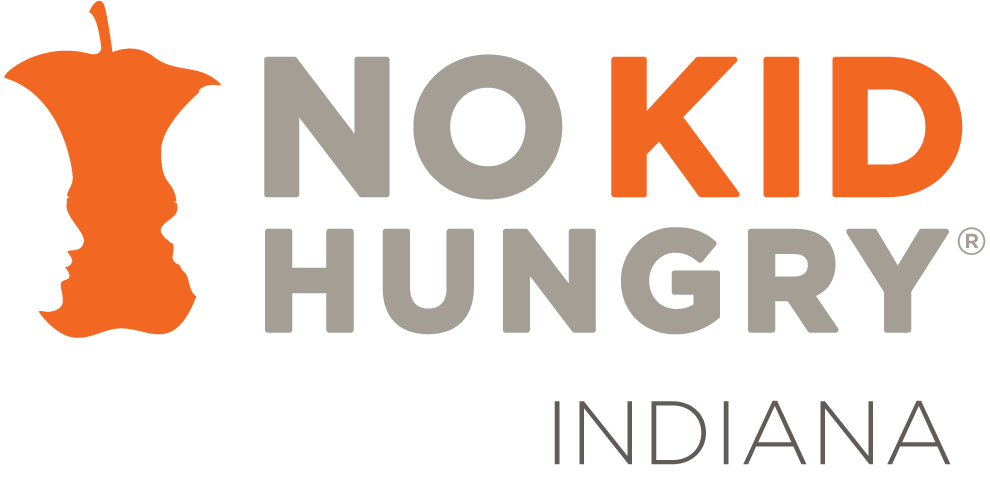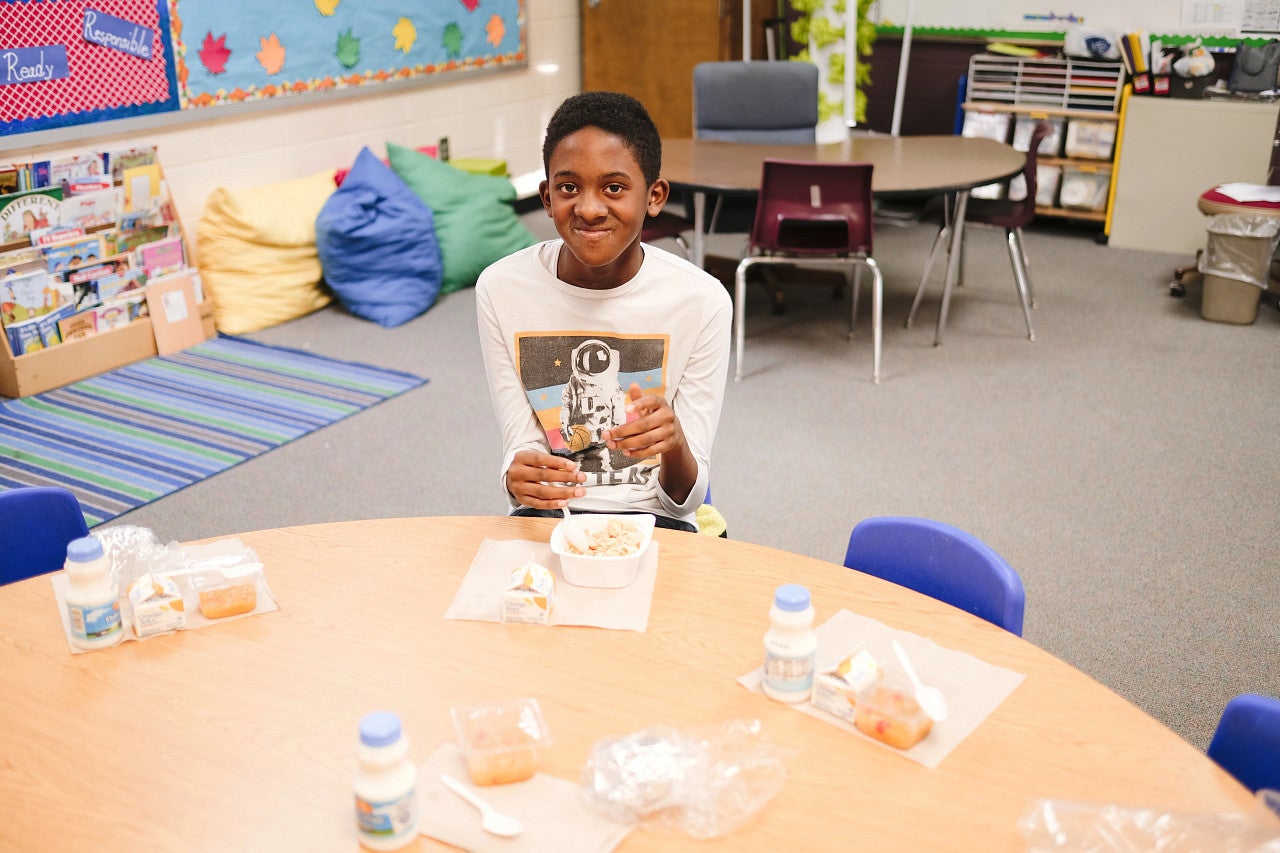Happy New Year from No Kid Hungry Indiana! As we start this new year energized in our fight to end childhood hunger, we’re reflecting on the last year and focusing on necessary changes to child nutrition policy that will move the needle forward to ensuring every kid has the nutritious food they need to thrive.
2022 was a historic year in our fight to end child hunger as child food insecurity rates reached a historic low thanks to programs like school meals, SNAP, pandemic-EBT, and the Child Tax Credit. Join us in celebrating our shared wins and looking ahead to how we will continue our fight to ensure no kid in Indiana goes hungry.
Reflecting on 2022
Looking back on 2022, there are many wins to celebrate.
- For the first time in over 50 years, the White House held a conference on Hunger, Nutrition and Health. This conference brought together key partners to produce a national strategy to end child hunger by 2030 and identified several key commitments that will play a critical role in ensuring this ambitious goal is met.
- Child food insecurity hit a historic low. In September, the USDA released their annual report “Household Food Security in the United States in 2021” that highlighted the lowest number of food insecure kids since tracking began in 1998, 1 in 8 kids. While these numbers are hopeful, it’s important to acknowledge that disparities still exist and many of the nationwide waivers and programs that helped lower these numbers will soon be or have been phased out during the course of 2022.
Specifically in Indiana,
- 14 school districts joined our first inaugural school breakfast cohort with a commitment to ensuring even more students in their schools start the day with a healthy nutritious breakfast. These districts received over $190K in grant funding to strengthen their programs.
- Twenty school districts participated in our school meal application contest and raffled off gas cards to families in their districts which increased school meal application returns and students who qualified for free or reduced price meals this school year.
The Road Ahead
Despite these wins, we know that our work is not over. As we look ahead to 2023, we remain committed to ensuring that every kid has 3 meals a day, 365 days a year. For us at No Kid Hungry Indiana, that means…
- Continuing to advocate for actionable policy changes at the federal level to improve nutrition access by modernizing the summer meals program, supporting nationwide summer EBT, strengthening SNAP, expanding no-cost school meals and improving WIC.
- Supporting school meal programs by providing critical resources to school districts like grant dollars, trainings and resources.
As we take this time to both look back on the wins we celebrated in 2022, and look at what’s in store for 2023, we want to say thank you! To our partners, community organizations, and school nutrition staff, none of this work can be accomplished without our shared commitment ending childhood hunger.



